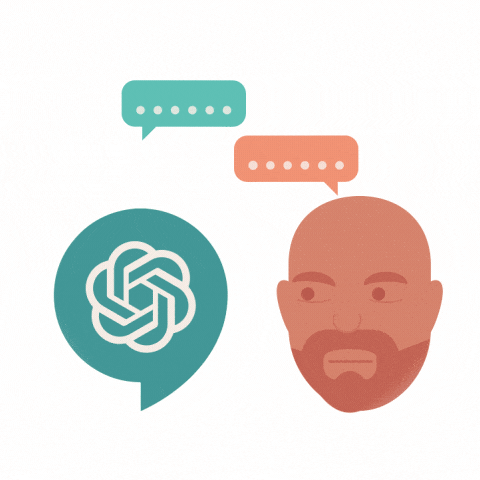The advent of Artificial Intelligence (AI) has revolutionized various sectors, and the eLearning industry is no exception. With its ability to analyze data, predict outcomes, and learn from patterns, AI has introduced transformative changes to the way education is delivered and received. From personalized learning experiences to intelligent content creation and enhanced student engagement, AI is reshaping the eLearning landscape, making education more accessible, effective, and efficient than ever before.
Personalized Learning and Adaptive Learning
One of the significant impacts of AI on the eLearning industry is its capability to offer personalized learning experiences. AI-powered learning platforms can assess individual learners’ strengths and weaknesses, learning styles, and preferences by analyzing their interactions with the content and assessment results. This data is then utilized to tailor course materials and assignments that cater to each learner’s unique needs, pace, and level of understanding. Consequently, students can progress at their own speed and receive targeted interventions when facing challenges, leading to improved learning outcomes and increased motivation.
Intelligent Content Creation and Curation
AI has revolutionized content creation and curation in eLearning. AI algorithms can sift through vast amounts of data to identify relevant and up-to-date information, curate high-quality educational resources, and design custom learning materials. This significantly reduces the time and effort required for instructors and course developers to build content-rich courses. Additionally, AI-generated content can be adapted to different formats, making it more engaging and accessible to diverse learners, including those with disabilities.
Automated Grading and Feedback
AI has streamlined the grading process by automating assessment and providing instant feedback. Machine learning models can evaluate open-ended responses, quizzes, and essays, ensuring faster turnaround times and reducing the burden on educators. Moreover, AI-driven feedback is often detailed and actionable, helping students understand their mistakes, identify areas for improvement, and refine their learning strategies.
Predictive Analytics and Student Support
AI-powered predictive analytics have emerged as a game-changer in student support and retention efforts. By analyzing data from various sources, such as learner behavior, historical performance, and engagement patterns, AI algorithms can anticipate students at risk of falling behind or dropping out. Educators and administrators can then intervene proactively to provide personalized support, mentoring, or counseling, fostering a conducive learning environment and enhancing student success rates.
Virtual Tutors and Chatbots
AI-driven virtual tutors and chatbots have become a staple in the eLearning ecosystem. These interactive agents can assist students with their queries, offer explanations, and guide them through the learning process. The advantage of AI-powered chatbots is their round-the-clock availability, allowing learners to access help whenever they need it, irrespective of time zones or busy schedules. Moreover, they can handle a large number of simultaneous interactions, ensuring individual attention to each student.
Gamification and Immersive Learning
AI has facilitated the integration of gamification elements in eLearning, making education more enjoyable and effective. By analyzing individual learners’ preferences and progress, AI algorithms can tailor gamified experiences to suit their interests and learning objectives. Gamification promotes engagement, motivation, and healthy competition, encouraging learners to invest more time and effort into their studies.
Conclusion
AI’s profound impact on the eLearning industry has redefined the way education is delivered and experienced. From personalized learning journeys to AI-generated content, automated grading, and predictive analytics, the integration of AI technologies has paved the way for a more efficient, accessible, and student-centric approach to education. However, it’s crucial to maintain a balance between AI-driven automation and human interaction to ensure the best possible learning outcomes. As AI continues to evolve, the eLearning landscape will witness more innovative solutions, offering an increasingly personalized and immersive learning experience.

